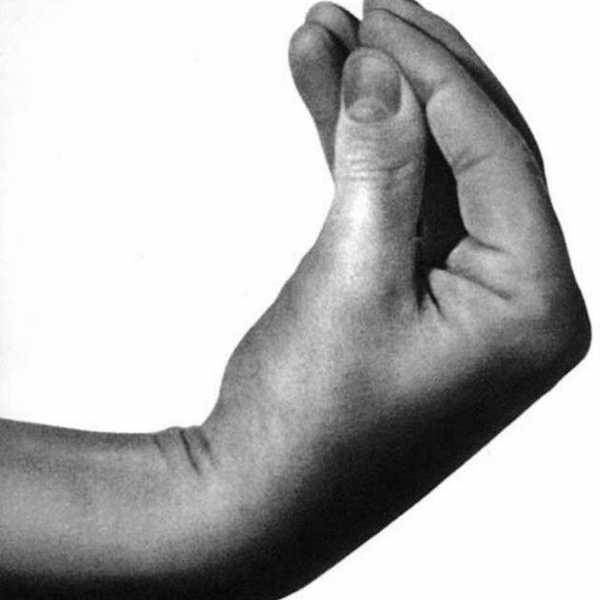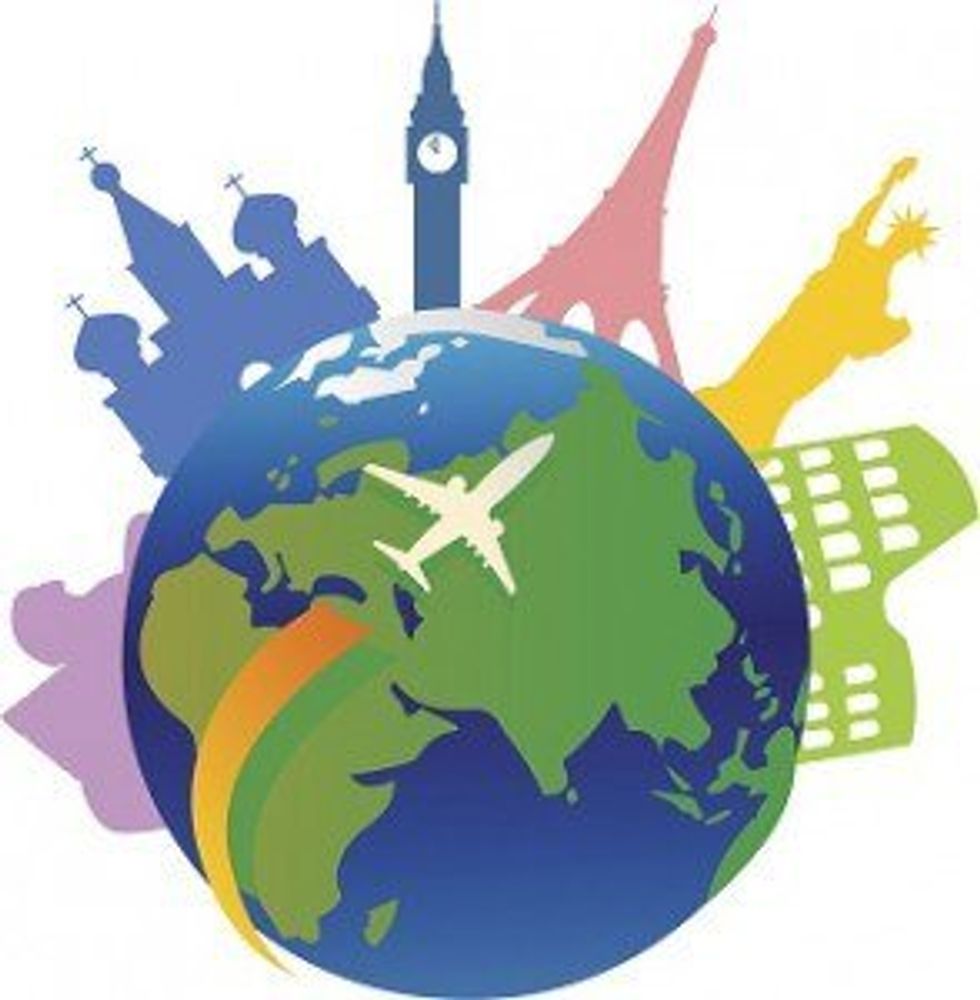While on vacation in Amman, Jordan last week, I realized something quite remarkable. Although reading and writing are not universal, language is. Now, yes different languages do exist in different countries. However, it is the emotions that language convey that can be translated worldwide. For example, exact words do not translate language to language. There may be similarities with pronunciations and definitions, but nothing translates word-for-word. Though, gestures can be understood across the globe.
For example, a smile expresses bliss and genuine happiness from anyone is any language. A firm handshake demonstrates honor and respect. A laugh is a result of having a fun time or hearing a funny joke. Someone with tears running down their face can mean sadness. Clapping expresses joy as well as satisfaction.
These simple gestures translate internationally and I find it absolutely fascinating.
However, you have to be careful with certain gestures that may not translate as clearly as you anticipated. For instance, nodding your head up and nodding your head down mean different things in different countries. In a majority of countries, nodding your head up and down means "yes" while nodding your head left to right means "no." This is not the case in certain countries such as Bulgaria, where it is the exact opposite. Shaking your head left to right indicates "yes," while nodding your head up and down means 'no.' In Greece and Turkey, a downward nod is "yes" while a backward nod is "no." Not to mention, in India, a sideways head-tilt conveys agreement.
For the most part, gestures are mutually understood globally. A wave is a form of greeting or saying goodbye. A hug indicates unity and companionship. A thumbs-up implies approval while a thumbs-down and a frown can be a sign of failure. When someone crosses their fingers, it is their superstitious way of showing hope or wishing for good luck. A high five symbolizes celebration and achievement.
These ubiquitous gestures, as well as many others, are extremely powerful. Just the sole fact these physical movements of the body can be understood by billions of people from various cultures and countries simply intrigues me to no end.
It truly inspires me as it is proof that although one may not know how to speak German, Italian, French, Arabic, Spanish, English, etc., language will never act as a barrier between people because of these internationally understood gestures. In a way, it also creates a personal desire within me to strive to learn another language, to be able to speak to others worldwide through more than just a gesture. After all, every different language is a different vision of life.





















